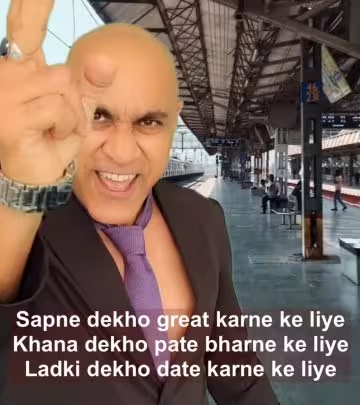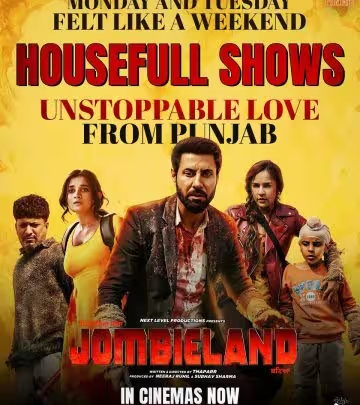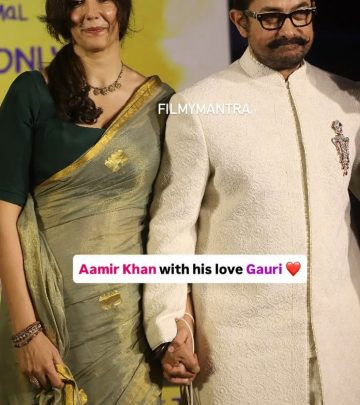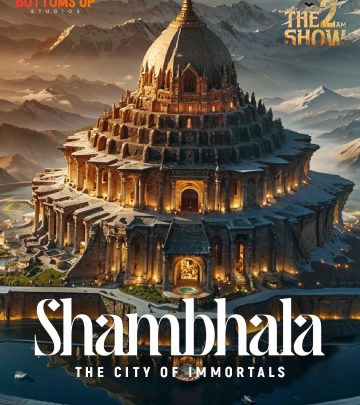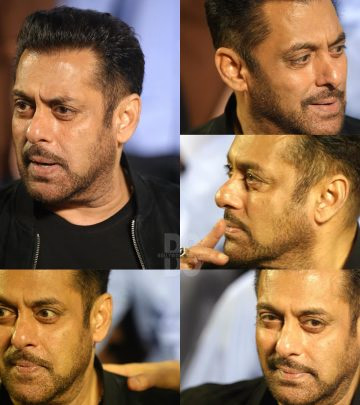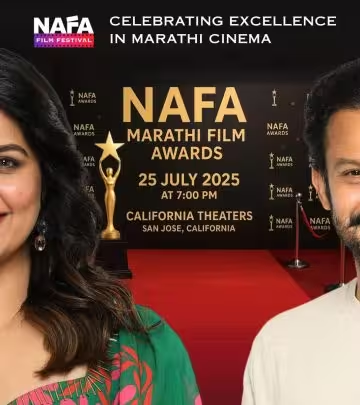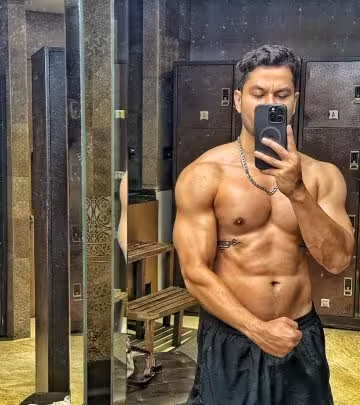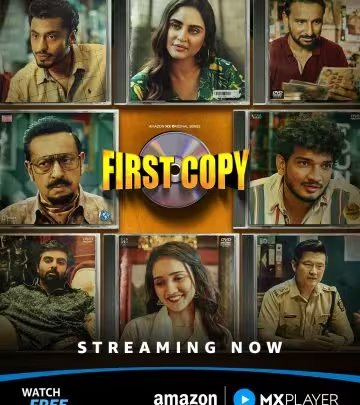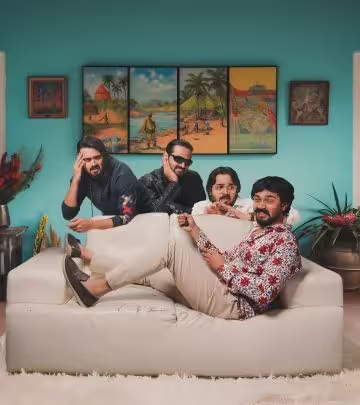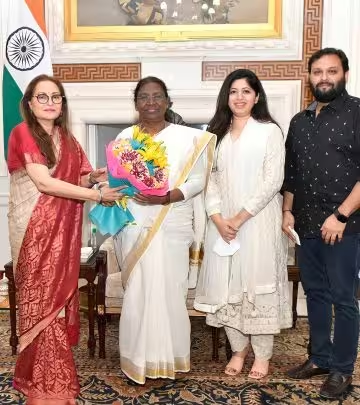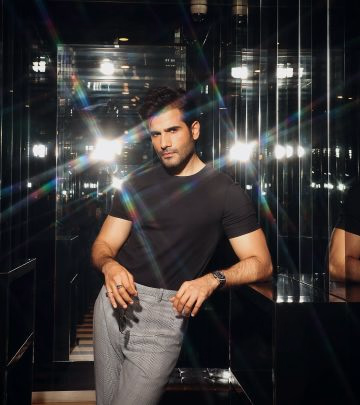Indian Mythology Inspires Superheroes
Bollywood icon Akshay Kumar & Vishnu Manchu fuse ancient legends with modern blockbusters.
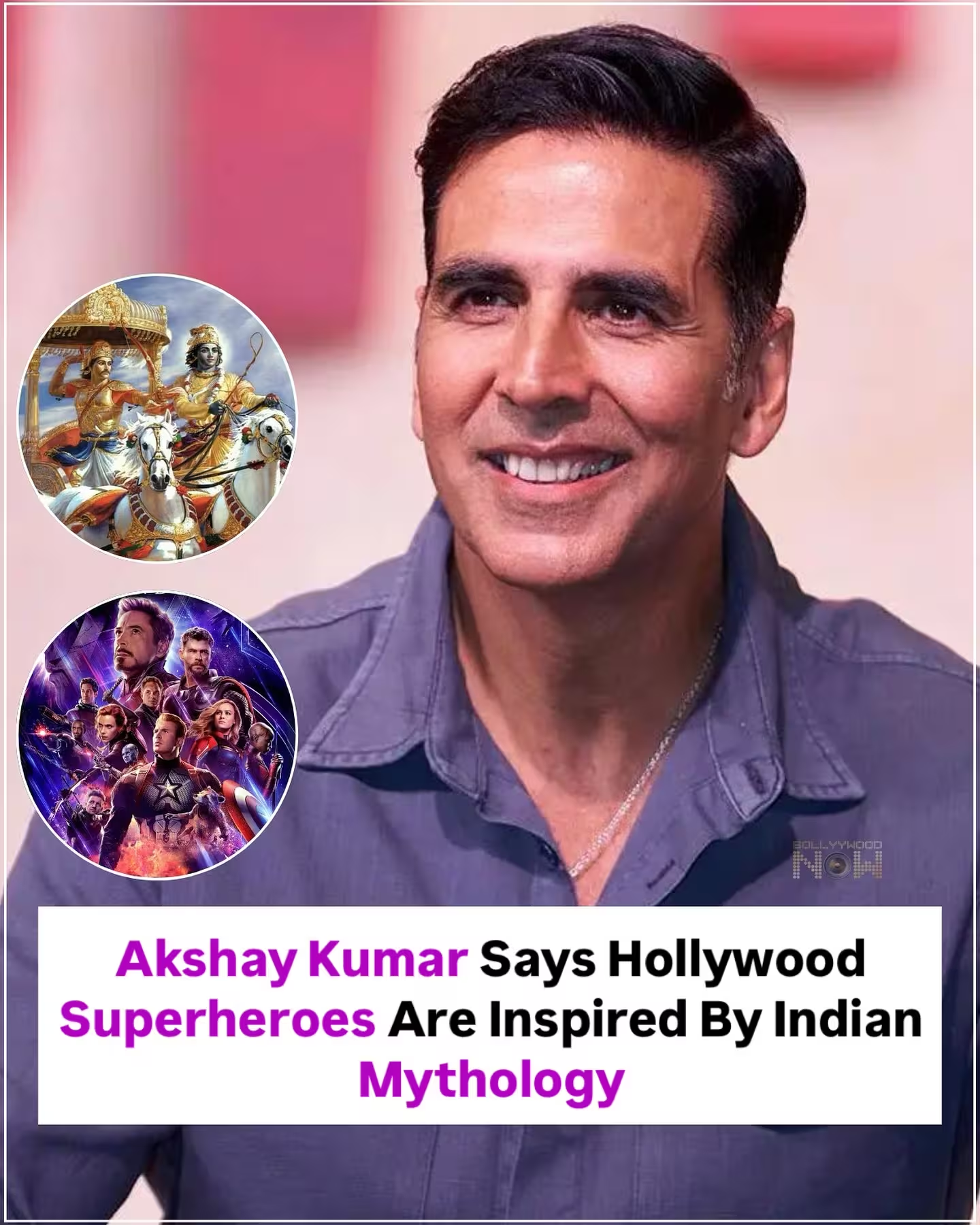
Image: Instagram
In a bold perspective, Bollywood actor Akshay Kumar has suggested that the iconic Western superheroes we see on screen are inspired by the rich narratives of Indian mythology. At the same time, actor Vishnu Manchu has noted striking similarities between the epic drama of the Mahabharat and the saga of Star Wars. This intriguing commentary, highlighted in a recent post by BollywoodNow, has set social media abuzz under hashtags like #hollywood, #mythology, and #mahabharat.
Historic Narratives And Modern Cinema
The idea that age-old epics influence today’s blockbuster storytelling is not entirely new. Indian mythology—with its vast repertoire found in texts like the Mahabharat and the Ramayana—has long provided inspiration for a myriad of creative expressions. Fans and critics alike have noted that the archetypal journey of the hero, marked by inner turmoil, moral dilemmas, and the quest for redemption, mirrors the classic narratives seen in modern cinema. BollywoodNow’s recent Instagram post, featuring a striking image that captures this cultural crossover, visually reinforces the notion that myth and modern storytelling are intricately linked.
A Fusion Of Cultures
Akshay Kumar, celebrated not only for his dynamic onscreen presence but also for his willingness to merge tradition with modernity, believes that Hollywood’s superhero narratives borrow significantly from Indian mythological motifs. His perspective invites audiences to revisit familiar legends through a new lens—a lens that underscores the universal appeal of heroic tales. Vishnu Manchu further added that the cinematic language of Star Wars, with its cosmic battles and profound moral conflicts, shares an uncanny resemblance to the narratives depicted in the Mahabharat. This cross-cultural comparison not only enriches our understanding of these stories but also bridges cinematic traditions from two vastly different worlds.
Social Media Buzz
The statements by these two Bollywood figures have ignited vibrant discussions on social media. The commentary quickly went viral as fans took to platforms such as Instagram, Twitter, and Facebook to voice their opinions. Many users, nostalgic for the mythological stories of their youth, embraced the idea that these ancient tales continue to influence even the most modern of genres. The blend of traditional themes with the spectacle of blockbuster movies has resonated with viewers across the globe, prompting conversations that range from casual observations to deep cultural analyses.
For many, this dialogue offers an exciting opportunity to re-examine the roots of contemporary narratives. The conversation encourages audiences to see beyond the surface of cinematic heroics and explore the timeless nature of storytelling—a quality that speaks to the universal human experience. By drawing these connections, Akshay Kumar and Vishnu Manchu have effectively broadened the discussion around how cultural heritage informs and enriches modern art forms.
Cultural Resonance And Cinematic Impact
The remarks made by the Bollywood duo have sparked thoughtful reflections on art, culture, and cinema. Hollywood is renowned for its state-of-the-art visual effects and high-octane storytelling, but the infusion of mythological elements provides a layer of depth that can transform blockbuster films into works of cultural synthesis. The narrative techniques used in ancient epics carry an emotional and philosophical resonance that, when integrated with modern cinema, often leads to richer, more multidimensional films.
This fusion of myth and modern media is a reminder that storytelling is a timeless art form. Whether it is the vivid depictions of cosmic battles or the understated heroism found in age-old scripture, the narrative structures remain compelling. The discussion initiated by these influential Bollywood figures underscores the power of stories—stories that evolve over time but remain intrinsically connected to human values and experiences.
Legacy And Future Of Storytelling
Looking ahead, many commentators believe that the interplay between mythological narratives and contemporary cinema will continue to shape how films are made and received. The integration of ancient lore into modern cinematic frameworks could pave the way for increasingly diverse narratives. Such a trend promises to not only broaden the appeal of films but also deepen the creative dialog between East and West. Elements like costume design, musical scores, and storytelling techniques that pay homage to traditional motifs might soon become staples in blockbuster productions.
This trend represents more than just a stylistic shift—it is a cultural movement. It highlights the universal nature of myth and its ability to transcend geographical and temporal boundaries. As filmmakers around the world collaborate and experiment with new narrative techniques, the echoes of ancient epics will continue to influence the stories that define our times.
Ultimately, the insights provided by Akshay Kumar and Vishnu Manchu remind us that great storytelling is bound by no borders. Whether channeled through the lens of a superhero movie or the epic verses of the Mahabharat, stories have the power to inspire, connect, and illuminate shared truths across cultures. As modern cinema evolves, this blend of ancient mythology and contemporary narrative promises to remain a wellspring of creative inspiration and cultural dialogue.
Read full bio of Jehangir Irroni



